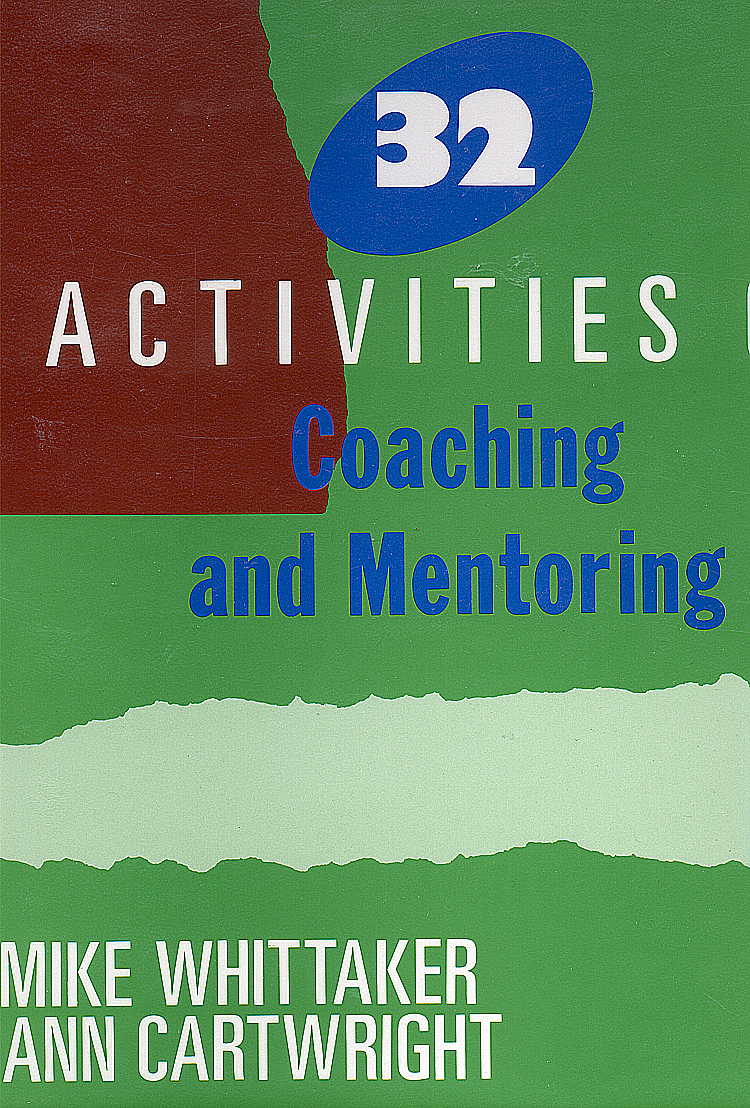
Stock-
Usually ships in 15 - 30 days!
238 photocopyabe masters; 10 X 12 1/2 hard cover ring binder
|
|
Why bother with coaching and mentoring? Let's turn this question on its head. Ask yourself, 'How did I learn? Did I have the benefit of a good coach or mentor? Or did I learn the hard way with little support? Consider these points - Most of us at some stage in our lives would have learned something more easily or readily if support had been at hand.
- If you 'help someone learn', some benefits are likely to be reciprocated to you as a coach or mentor. (This effect is an ongoing theme in this manual)
- The benefits to mentee/learner and mentor/coach are likely to have a favorable impact on your organization. If you are trying to establish a coaching or mentoring initiative in your organization someone near the top will ask you, 'Why should we bother here? Explain the benefits to me.'
Let's look at the benefits: Potential benefits - learner/mentee- The focus on individual needs, with close support, provides an effective learning environment
- The one-to-one relationship encourages realistic and challenging targets
- Acheivement increases confidence levels
- Success increases personal satisfaction
- Success enables others to appreciate and value hidden potential
Potential benefits - coach/mentor- Coaching increases self-knowledge and develops interpersonal skills
- Doing things well gives personal satisfaction
- Coaching highlights your own potential
- Others see you in a different and more favorable light
Potential benefits - the organization- Successful programs can lead to improved individual and team performance and increased levels of motivation
- Good programs can simplify what might appear to be particularly difficult situations
- Coaching highlights what people can readily achieve, given the right support
This training program will provide the resources to develop your mentoring program to enhance the skills and productivity of everyone involved. The structure of this progam is as follows: - Self-assessment: Four activities to establish where you are now, what you have learned and whether you want to be a mentor
- Coaching activities: eight activities to help you develop skills as a coach. These are graded according to different levels of experience
- Mentoring activities: 20 activities relating to the skills associated with mentoring and different situations faced by mentor and mentee
Types of activity- Self-assessment activities: designed to help the user to gain some personal insight into their current and past experiences. They may or may not choose to share these insights during the mentoring process
- Questionnaires: designed to assess the user's current level of skill and awareness
- Working on your own: activities which can be used in isolation and which do not require input from anyone else
- Working with a friend, colleague or partner: activities which are designed to be shared with another person
- Working one-to-one as coach-learner or mentor-mentee: activities which constitute the main body of the manual
|
